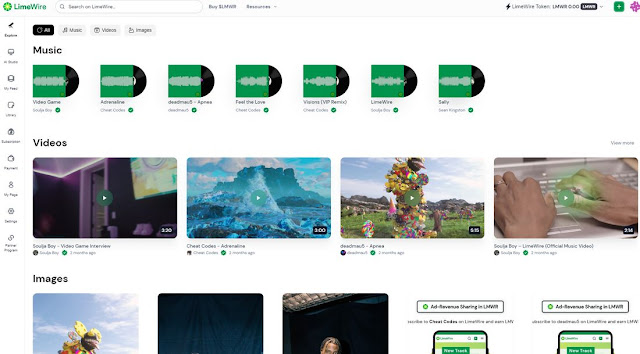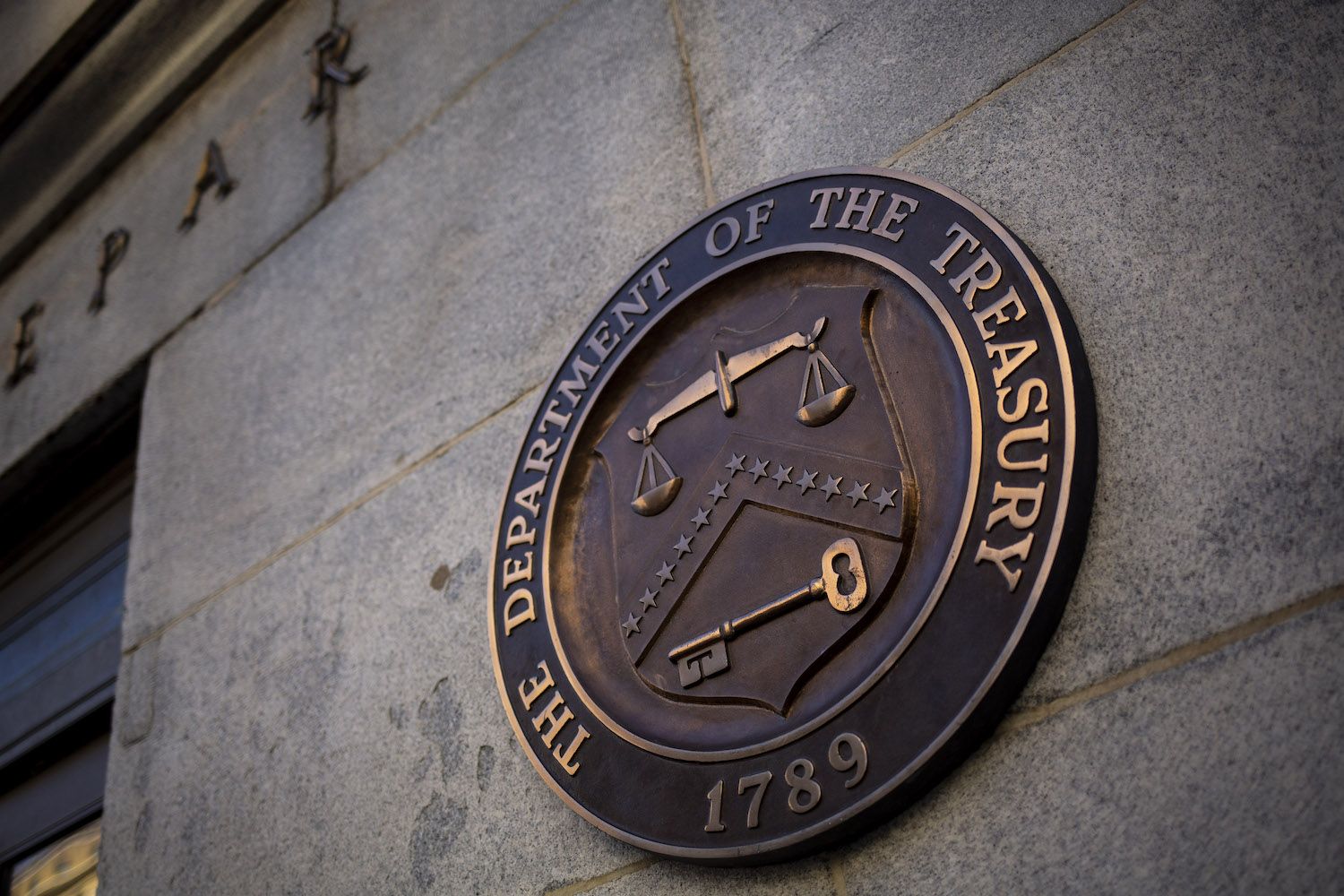The best VPN services for 2025


Don't let it go to your head, but everybody wants you — more specifically, your browsing data. Personal information about the links you click on and the sites you visit is highly valuable to third parties, including your internet service provider (ISP) and Google, who may want to share or monetize it. Certain government and law enforcement agencies may also be eager to peek at your activity online for their own surveillance purposes.
One way to reclaim some of your digital privacy is by getting a virtual private network, or VPN, a service that creates an encrypted connection between your device and one of the VPN provider's private, remote servers before spitting it out onto the open web. In plain English, a VPN lets you browse the internet more stealthily than usual.
Why do you need a VPN?
Even the best VPNs can't make you totally anonymous on the web — the VPN companies themselves can still see what you're doing while you're using their servers. But they can secure your personal info and hide your true IP address from prying eyes on the outside. The most trustworthy VPN providers operate transparently and abide by independently verified no-logs policies to prove that they don't collect or store user data in this process.
Because VPN services conceal your real IP address, they're also useful for spoofing one's location. By connecting to a VPN server across a border or ocean, users can bypass geo-restrictions on content that's not available in their own country or region. (This is newly pertinent intel for horny Floridians, South Carolinians, and Tennesseans now that a certain adult site is blocked in their states.)
What is the No. 1 best VPN?
After new testing, I believe Proton VPN is the top VPN for most people. It's the most privacy-forward VPN I've tried, with open-source apps, a proven no-logs policy, and a history of supporting digital freedom efforts. It's also a stellar value: Paid Proton VPN users get full access to its huge fleet of reliable servers and useful features like multi-hop and split tunneling (on some platforms), with up to 10 simultaneous connections per account. The free version of Proton VPN is extremely limited in comparison, but it's the only free VPN I've encountered that doesn't have any data limits. For all these reasons, Proton VPN is the first (and only) VPN to win a Mashable Choice Award.
My runner-up is TunnelBear, a veteran VPN service with a simple, adorable app that offers unlimited simultaneous connections with a paid subscription. (It also offers a free tier, but users are capped at 2GB of data per month.) TunnelBear supports some form of split tunneling on all platforms, and it's been undergoing security audits longer than any other consumer VPN. It wasn't able to unblock regional content in my testing, but it was sufficient for everyday browsing. Overall, I think it's the best VPN for beginners and casual users.
In light of these new top picks, I've bumped NordVPN, ExpressVPN, and CyberGhost VPN off my list of recommended VPN services. You can read more about this decision in the "How we tested" section of this guide.
Read on for Mashable's guide to the best VPN services of 2025. FYI: Prices for most VPN providers' long-term plans change frequently. The rates listed here were accurate at the time of publication.

















































